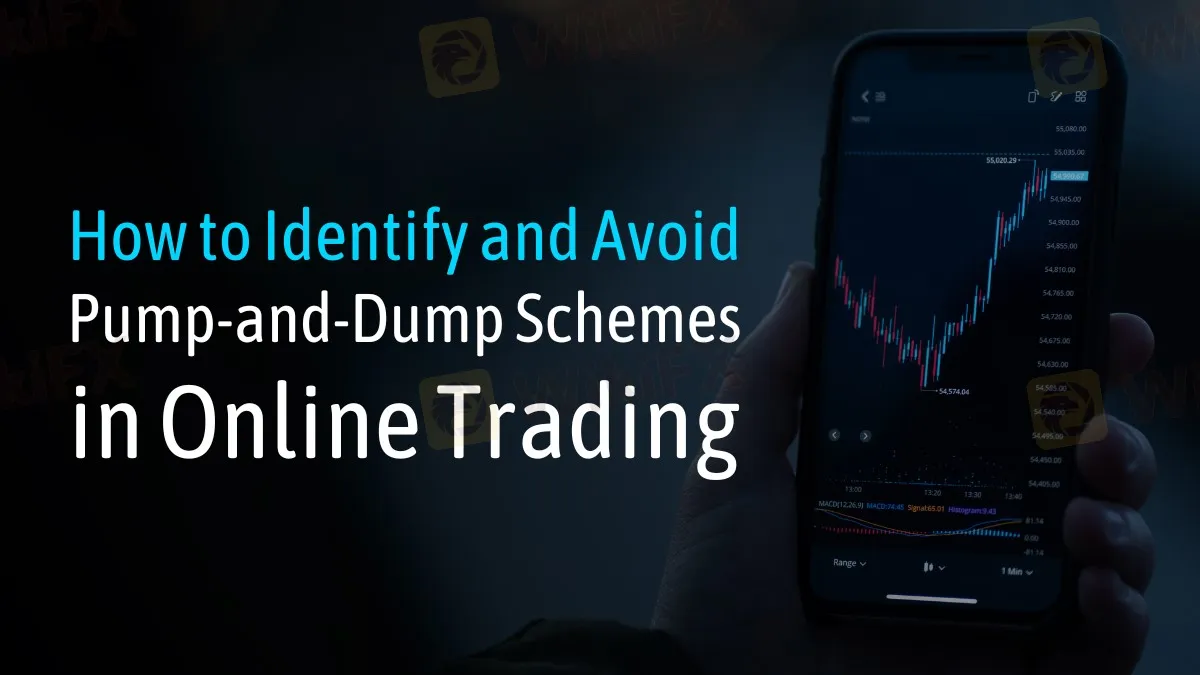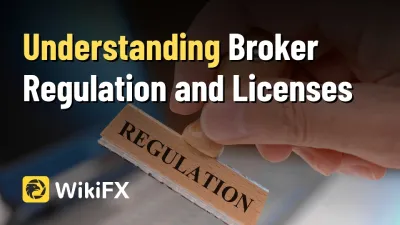Abstract:Learn how to identify and avoid pump-and-dump schemes in online trading. This article provides a detailed guide to recognizing and protecting against these fraudulent practices.

Pump-and-dump schemes are a kind of fraud in which individuals or organizations intentionally raise the price of stocks they possess. They then sell it at the top, leaving new investors with substantial losses. This article investigates how these schemes work and how investors might defend themselves from fraud.
Understanding Pump-and-Dump Schemes
Pump-and-dump tactics were prevalent long before cryptocurrency. They began in the stock market. These strategies entail picking a low-liquid, low-cost asset and artificially raising its price via disseminating misleading information. This causes a purchasing frenzy. When the price reaches a high, the culprits sell their stock at the inflated price. This leads the stock price to plummet, leaving new investors with worthless shares.
The Pump-and-Dump Scheme's Mechanism
Historically, pump-and-dump tactics were carried out via cold phoning. The approaches have developed since the internet's inception. The method consists of two major stages:
· Pump: Fraudsters broadcast false or misleading information, frequently claiming insider knowledge, to persuade others to acquire shares. This disinformation generates fake demand, which drives up the stock price.
· Dump: Once the price has increased enough, the fraudsters sell their stock at the inflated price. As they sell, the increasing supply leads the price to fall, leaving prospective purchasers with substantial losses.

Small-cap stocks are especially susceptible to such schemes. Their prices are readily altered with a tiny bit of trading activity. The sudden flood of new purchasers might drastically raise the price. This enables the fraudsters to sell their shares before the price plummets profitably.
Identifying Pump-and-Dump Schemes
To avoid pump-and-dump schemes, investors should use a methodical approach to recognizing such scams:
· Treat Unsolicited Investment Offers with Suspicion: Be careful of investment proposals sent by unsolicited email, social media message, or remark. These communications are often sent by unknown individuals or in response to disinformation.
· Watch for Warning Signs: Promises of extraordinarily large profits, pressure to move immediately on an alleged opportunity, and assertions that the advice is based on proprietary or insider knowledge are all red flags of a pump-and-dump scam.
· Examine Advertisements: Consider including disclaimers when content providers on sites such as YouTube, Twitter, and Instagram mention certain stocks. Disclaimers may vary from no disclosure (fraudulent), imprecise disclosure (when remuneration is not explicitly indicated), and buried disclosures (hidden in tiny print). These techniques are common and should be treated with care.
· Conduct Thorough Homework: Before making any investment, do your homework. If you need more time or experience, consider employing mutual funds or other professional investing services. Avoid making judgments based on rumors or unwanted advice.
Pump-and-Dump Schemes
Pump-and-dump strategies may take several forms, each with its tactics:

· Classic Pump and Dump: This old strategy artificially inflates a stock's price via phone calls, phony news releases, and the sharing of alleged insider information.
· Boiler Room: In this scenario, a tiny brokerage business uses high-pressure sales methods and cold calling to sell as many shares as possible, raising the price. The brokers benefit from their holdings when the price reaches a certain level.
· Wrong Number Scheme: Scammers may claim to have dialed the wrong number to promote a particular stock and create interest.
Real-Life Examples of Pump-and-Dump Schemes
Consider the example of two investors, Luke and Lucas. Lucas buys 1,000 shares of a firm for $5 apiece and distributes false information about the company's imminent success. As a consequence, the stock price climbs to $30. Luke buys 1,000 shares at $30 apiece after seeing the price grow. Lucas then sells his shares at the top price, netting a significant profit. As the misleading information is disproven, the stock price plummets to $5, leaving Luke with substantial losses.
Avoiding Crypto Pumps and Dumps.
Pump-and-dump strategies also affect cryptocurrency investors. To prevent being victimized:
· Check listings: Check sure the coin is listed on key cryptocurrency exchanges and platforms, such as CoinMarketCap, which run checks to rule out obvious fraud.
· Analyze Startups: Consider the validity of the price rise. Actual developments or news about the company usually indicate a genuine increase.
· Study price charts: Look for continuity with the overall market trend. A significant increase without supporting news is a red indicator.
· Avoid Penny Stocks: Be wary of low-value currencies and young enterprises since they are more vulnerable to manipulation.
· Beware of Fake Startups: Scammers may promote non-existent or poorly supported projects. Check the project's technology model and development plan.
Conclusion
Pump-and-dump tactics take advantage of investor excitement and disinformation to manipulate stock prices for false gains. Investors should learn how these scams operate and look for warning indications. Conducting careful research and skepticism of unsolicited counsel are critical techniques for avoiding these fraudulent scams. Whether investing in regular equities or cryptocurrency, due investigation and skepticism are the strongest defenses against pump-and-dump frauds.












